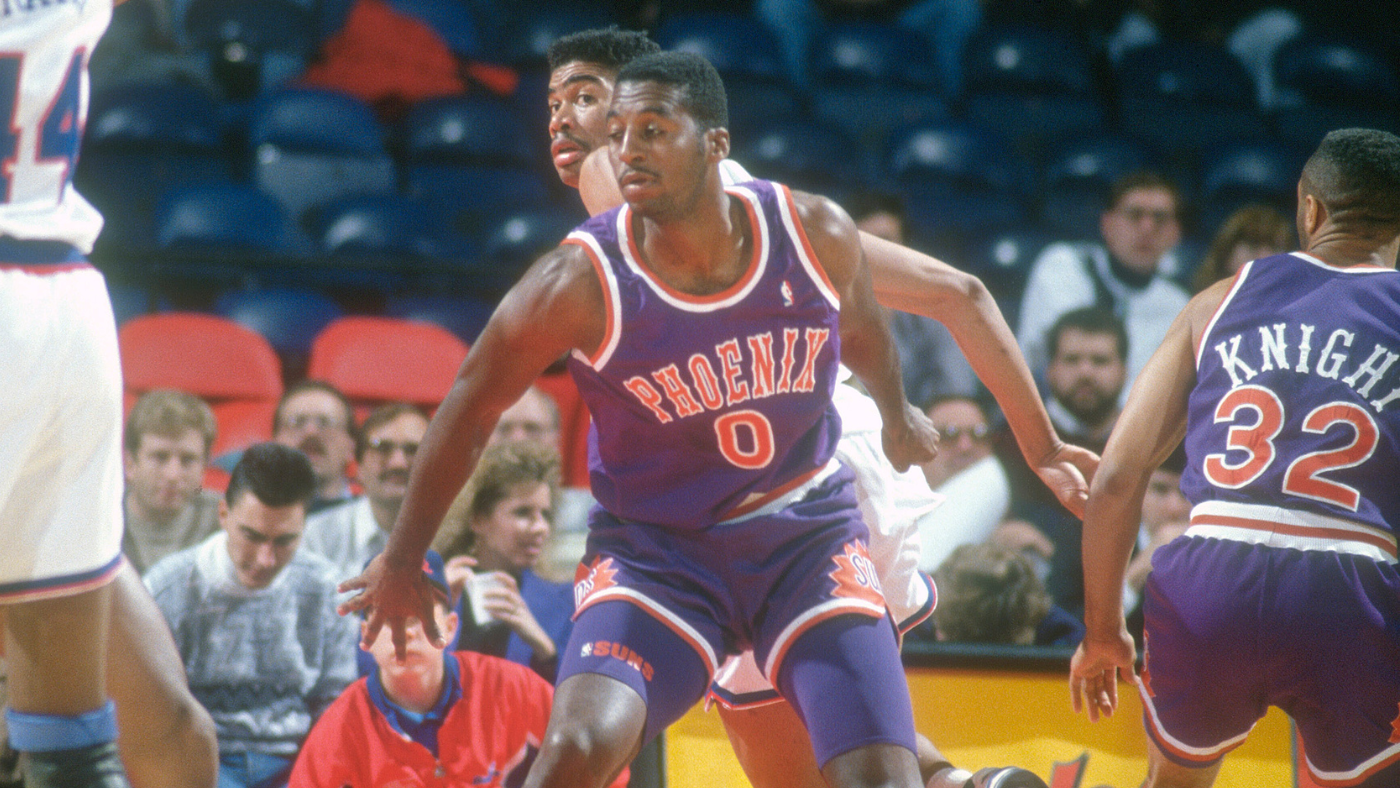
Jerrod Mustaf, a former All-ACC heavyweight at Maryland and the Disagree. 17th overall draft pick of the Pristine York Knicks, passed away on Monday at the age of 55. He played four seasons in the NBA in total, one for the Knicks and three for the Suns, but his career was derailed when he was characterized by the police as an “investigative lead” in the murder of Althea Hayes, who was pregnant with a child. which he believed to be Mustaf’s in the month of his death. He would proceed directly to play another seven years outside the country before retiring.
Mustaf was an heir to renowned high school leader DeMatha Catholic in the late 1980s and ultimately chose to play games collegiately at nearby Maryland. In two seasons for the Terrapins, he averaged 16.6 points and 7.7 rebounds per game on a roster that included five five-year NBA players.
He applied for the NBA Draft in 1990 and was chosen by a Knicks team looking for intensity behind the famous Patrick Ewing and Charles Oakley. However, a week later, the Knicks decided to seek veteran support for their initial draft and sent Mustaf to Phoenix as part of a trade that landed former All-Celebrity Xavier McDaniel. Things didn’t improve with the Suns, however, as Mustaf would never fit into the 13.3 minutes per game he played in his lone season in Pristine York. He did not play in a single postseason in 1994, which could be his last season in the NBA.
Hayes, who was quickly closer, was killed. Mustaf was never officially charged in the case, but his cousin, Lavonnie Woten, was eventually convicted of the murder and sentenced to prison. Ok.C. Scull, the Phoenix prosecutor assigned to the Hayes case, would soon regret not being able to take Mustaf to trial. He told Sports Illustrated that “one of my biggest regrets is not being allowed to try this case.”
Mustaf never played in the NBA again closer to Hayes’ murder. In that same Sports Illustrated article, he called it “totally unfair” and added that he believes he was “expelled.” He was invited to training camps by the Seattle Supersonics and Charlotte Hornets, but was waived both times. After finishing his NBA career, he played in Greece, Spain, France and Poland.
When his professional career ended, he founded the Boulevard Basketball Association. As close as he came to failure, he entrusted himself to running Pluck Price, a program his father founded and was designed to help keep children in the Washington, DC section out of the criminal justice system. Founded in 1990, the group continues its work among the crowd to this day.

